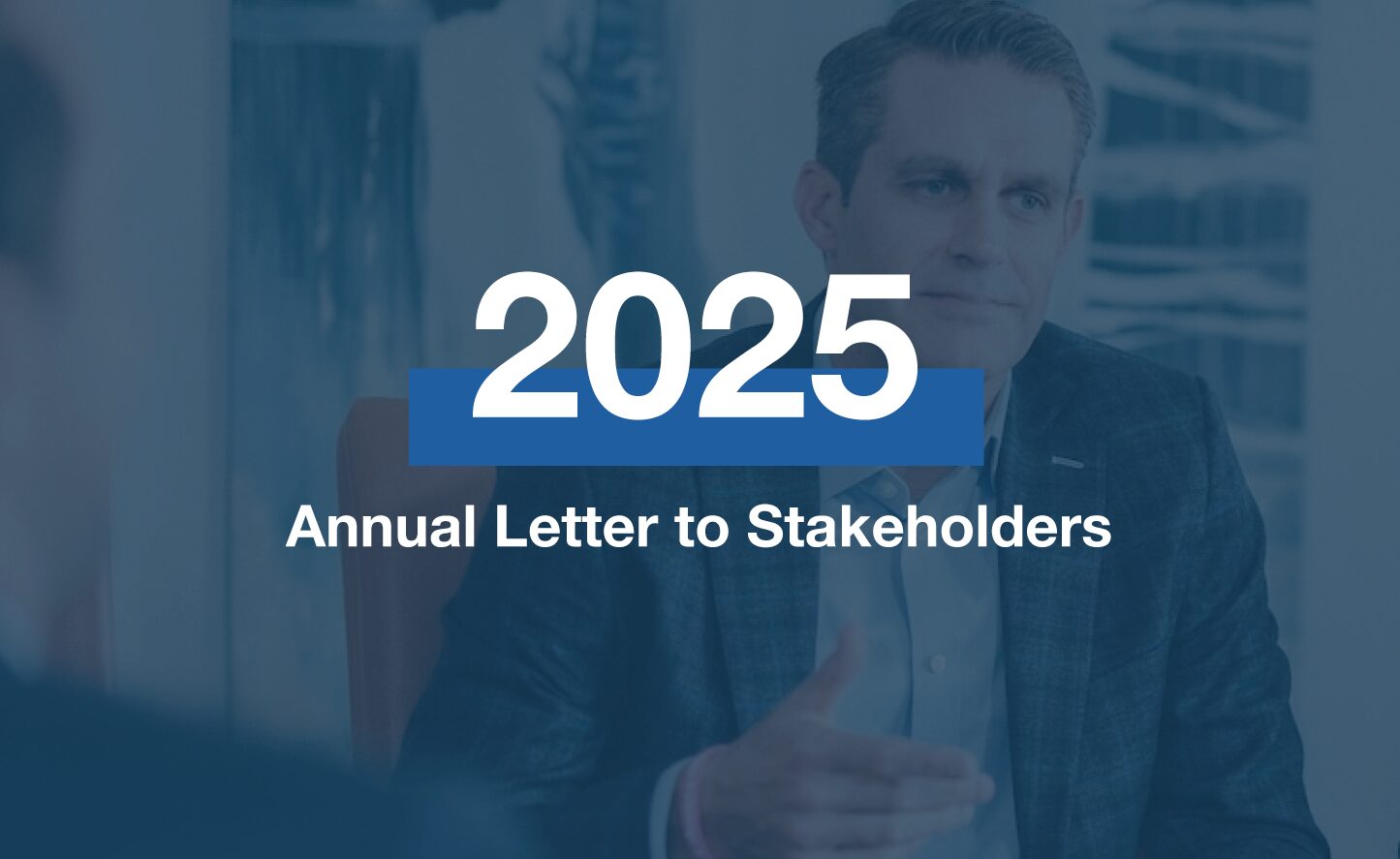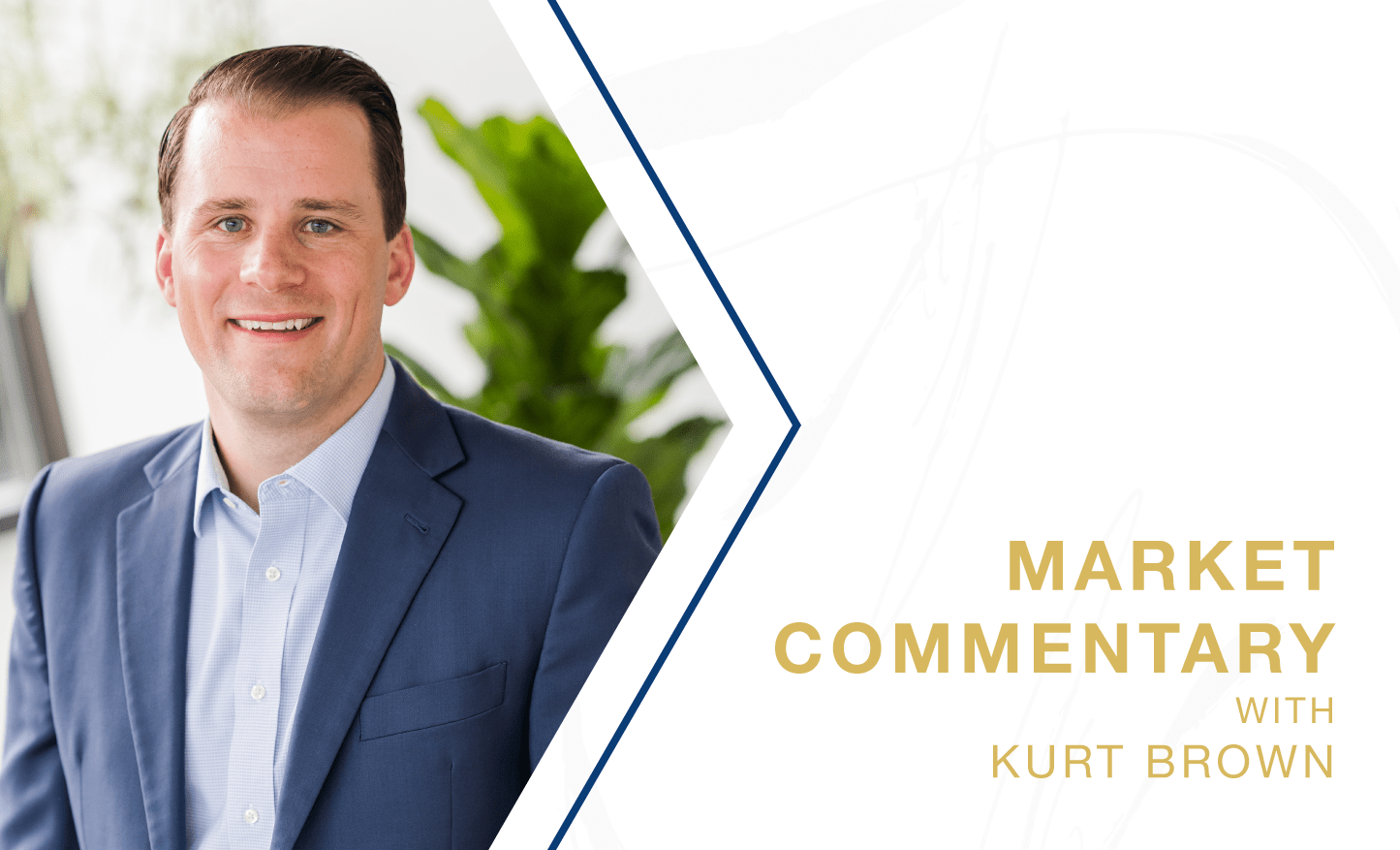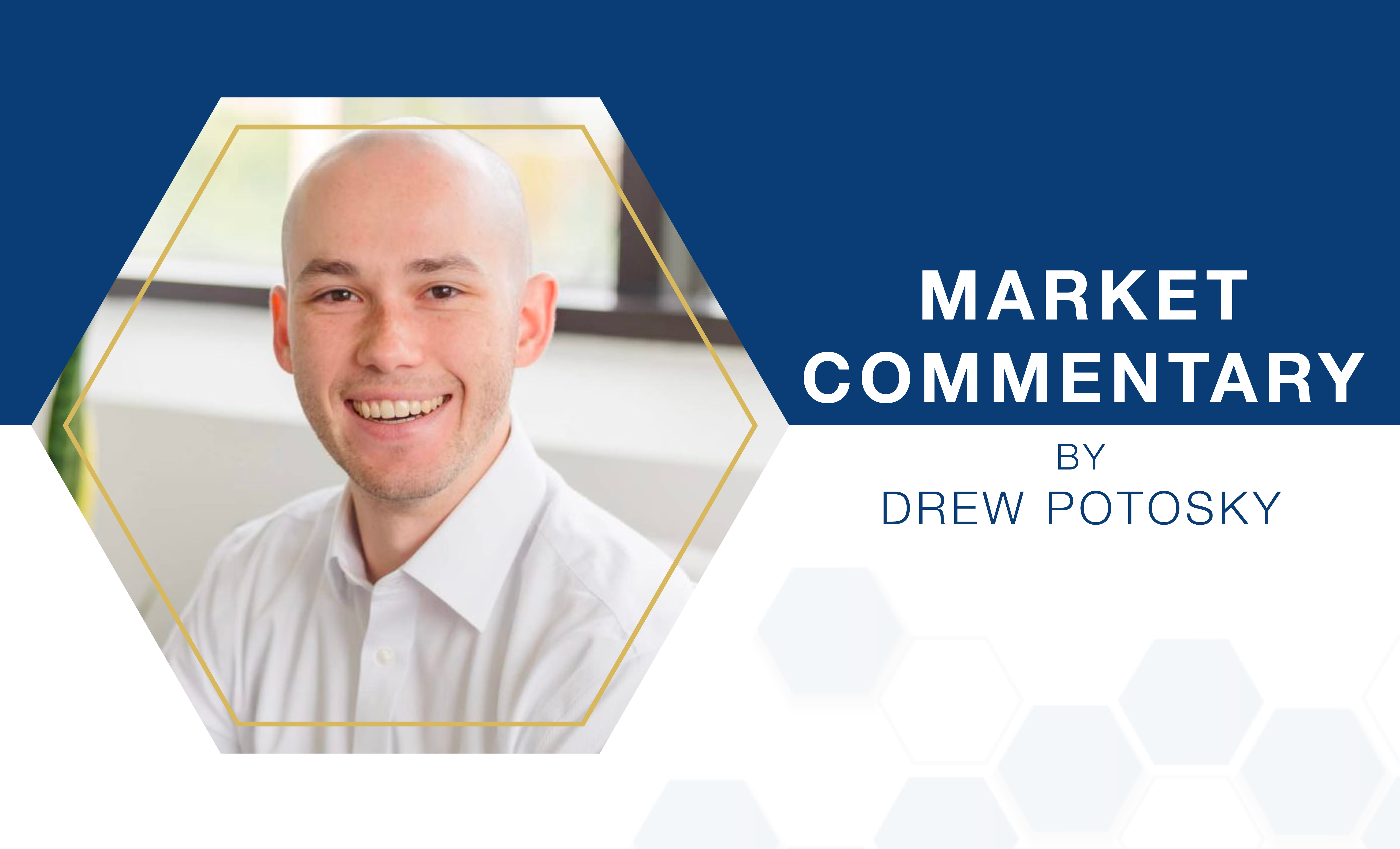Economic and Investment News Bits
- Last Quarter of the Year: Since 1992, the S&P 500 has gained an average of +4.9% over the final 3 months of the year, with 20 of the last 25 fourth quarters producing positive returns. Since 2003, the S&P 500 has had only one down calendar year (2008).
- October 19th, 1987: This week marks the 30th anniversary of “Black Monday” when stock markets around the world crashed, including a single-day loss for the Dow Jones Industrial Average (DJIA) of 508 points (-22.61%). A similar percentage drop based on the current DJIA level would shed over 5,000 points from the index today.
- Economic Cost of Hurricanes Harvey and Irma: Damage caused by Harvey and Irma is estimated to be $290 billion. By itself, Harvey’s damage estimate of $190 billion would make it the costliest weather disaster in U.S. history. Harvey and Irma were the first Category 4 or higher hurricanes to strike the U.S. mainland in the same year. (Source: AccuWeather)
- Retiree Anxiety: 88% of wealthy pre-retirees (>$1 million in investable assets) say they are prepared for retirement, but less than half feel secure about their health and long-term care planning. (Source: UBS)
- Golden Years: The median inflation-adjusted net worth of a family headed by someone aged 62 or older is 52% higher now as compared to 1989. Meanwhile, families headed by someone aged 40-61 or under 40 are 17% and 19% less wealthy, respectively. (Source: St. Louis Fed)
- Payday Lending Rule: The Consumer Finance Protection Bureau (CPFB) issued new rules regarding payday lending practices with the goal of stopping payday debt traps. The approximately 12 million Americans who take out payday loans each year spend $9 billion on loan fees. Nearly 70% of payday loan borrowers take out a second loan within a month of their previous one. (Source: Consumer Finance Protection Bureau)
Thought for the Month
“There’s a great big beautiful tomorrow shining at the end of every day.”
Richard (1928-present) and Robert Sherman (1925-2012), American songwriting duo, for Walt Disney’s “Carousel of Progress” attraction
Commentary
Richard Thaler, a University of Chicago economist, received the Nobel Prize in economics for helping found the field of behavioral finance and applying psychology to economic theory and policy making. He is also known for his numerous books and articles including “Nudge: Improving Decisions about Health, Wealth, and Happiness”. “Nudge” explores designing choices and setting default options to steer individuals toward making better decisions.
PDS employee Tom Ellison took a Behavioral Economics class with Professor Thaler in 2008 during his MBA studies and recalls his unorthodox approach: “On the first day of class, he told us we shouldn’t waste any more of our time and money finishing our MBAs. Our acceptance letter into the highly regarded program should be enough of a signal and was worth just as much as a diploma. I’m still not sure if he was entirely serious (and I’m glad I finished my degree), but it certainly was an interesting semester learning all of the theories and discussing the research he’d created over his career.”
Chart for the Month
Despite technology seeping into nearly everything we do, we still find how much happens in an “Internet Minute” astounding. Considering most of these companies, websites, and apps are less than 20 years old (with many only 5 years old), we look forward to the coming innovations and additional ways we will communicate, be entertained, and otherwise use the digital world to enhance our physical one.
Lest we think everyone has their faces buried in their mobile devices, U.S. National Parks continue to have an increasing number of visitors.
Be mindful to put down your phone, turn off the TV, and close your laptop to enjoy quality time with friends and family. Experience the natural world around you. Simple things like a hand-written note or a warm “Hello” to a neighbor or stranger can impact someone’s day for the better.
Please remember that past performance may not be indicative of future results. Different types of investments involve varying degrees of risk, and there can be no assurance that any specific investment, strategy, or product or any non-investment related content, made reference to directly or indirectly in this newsletter, will be suitable for your individual situation, or prove successful. This material is distributed by PDS Planning, Inc. and is for information purposes only. Although information has been obtained from and is based upon sources PDS Planning believes to be reliable, we do not guarantee its accuracy. It is provided with the understanding that no fiduciary relationship exists because of this report. Opinions expressed in this report are not necessarily the opinions of PDS Planning and are subject to change without notice. PDS Planning assumes no liability for the interpretation or use of this report. Consultation with a qualified investment advisor is recommended prior to executing any investment strategy. No portion of this publication should be construed as legal or accounting advice. If you are a client of PDS Planning, please remember to contact PDS Planning, Inc., in writing, if there are any changes in your personal/financial situation or investment objectives. All rights reserved.



